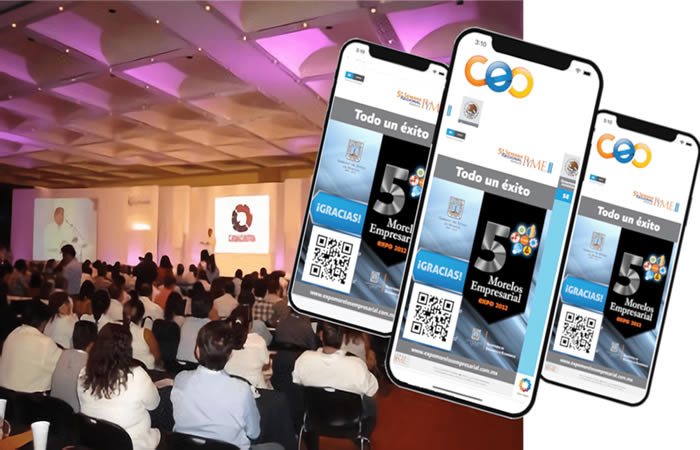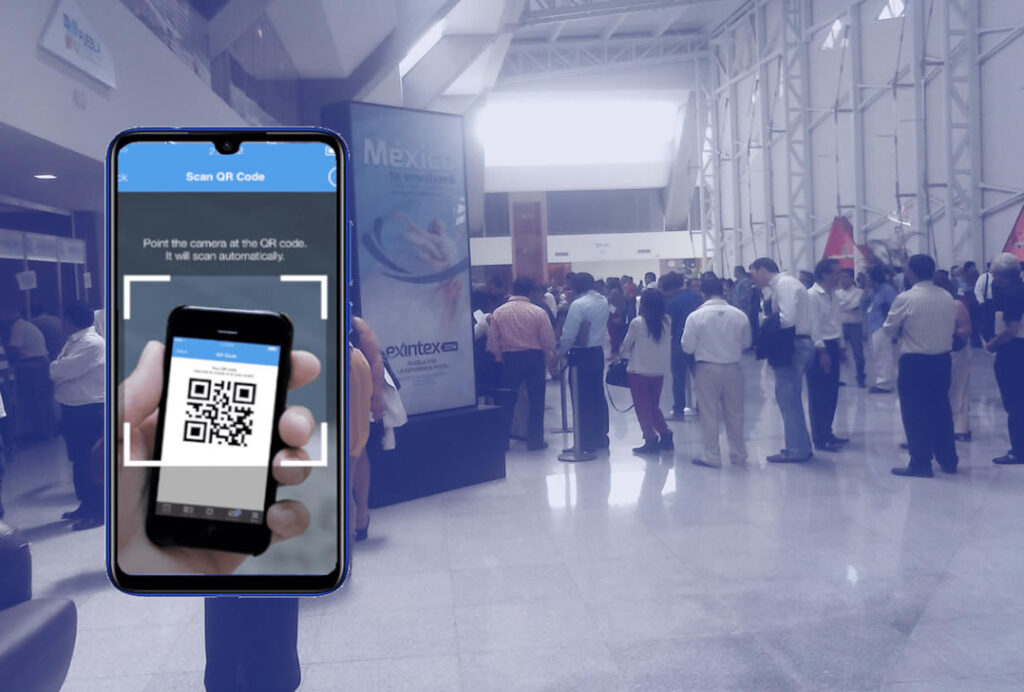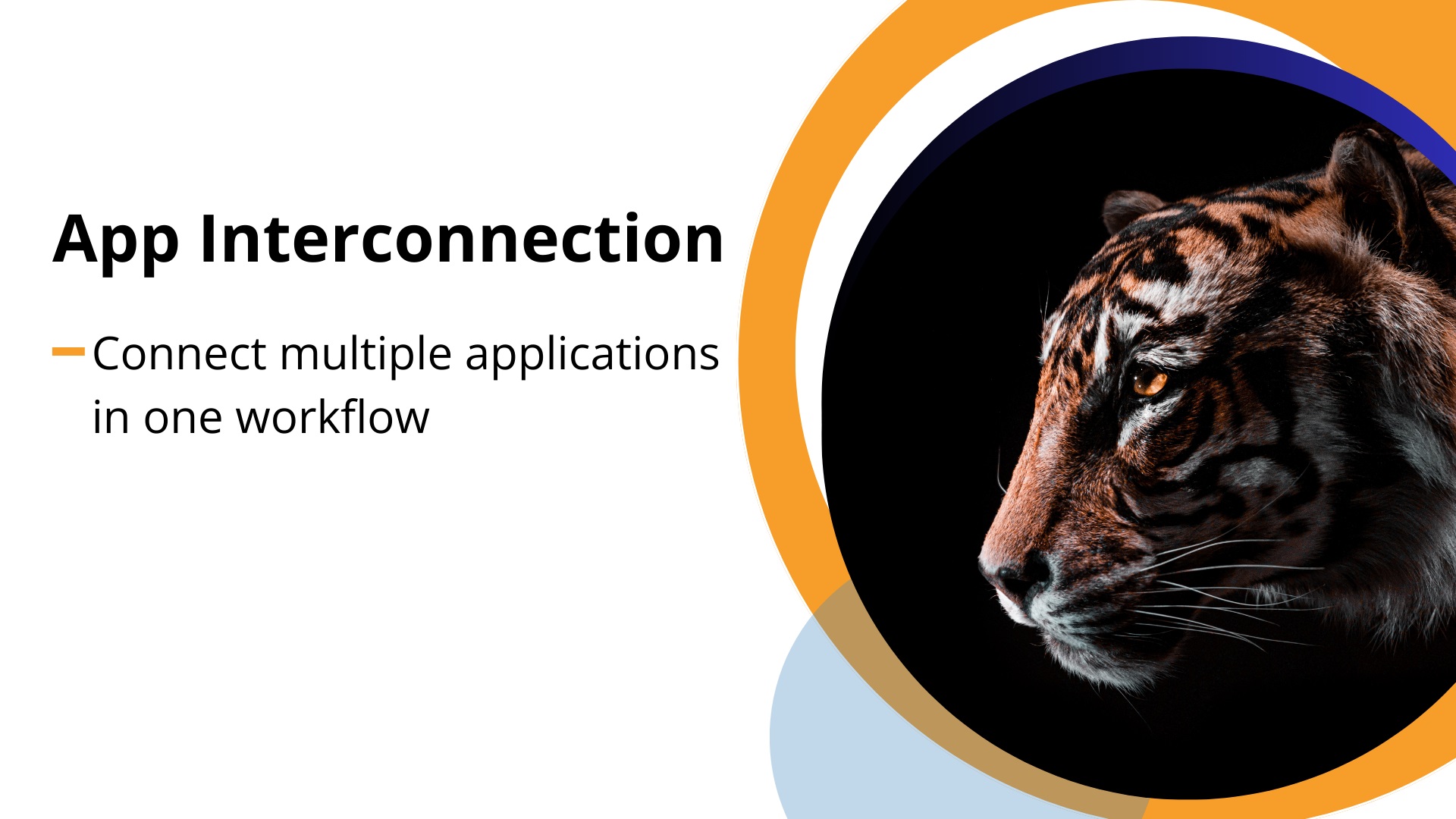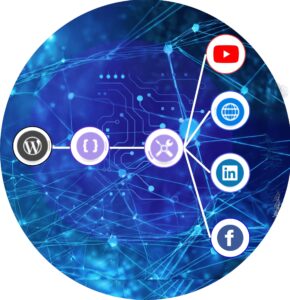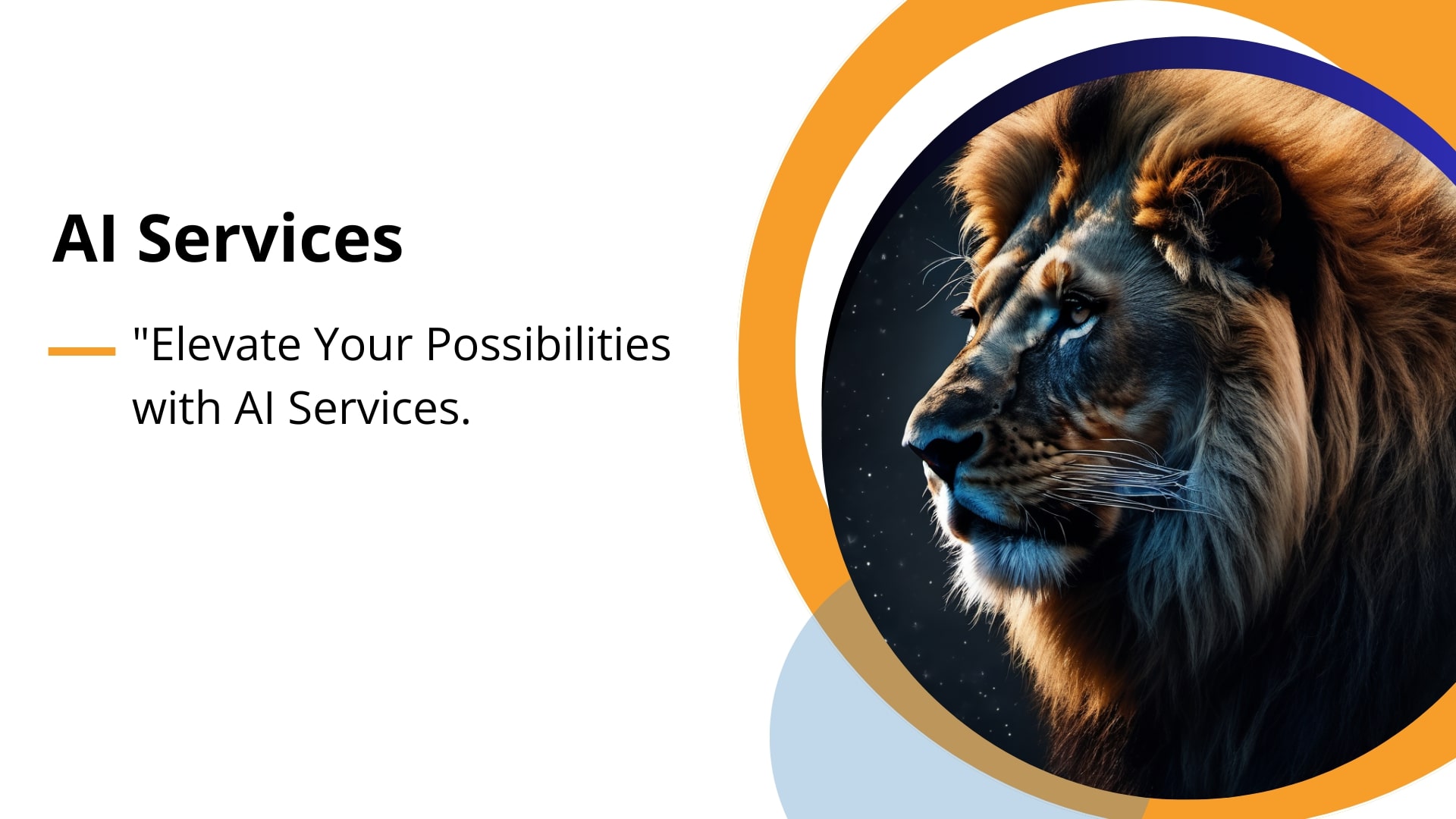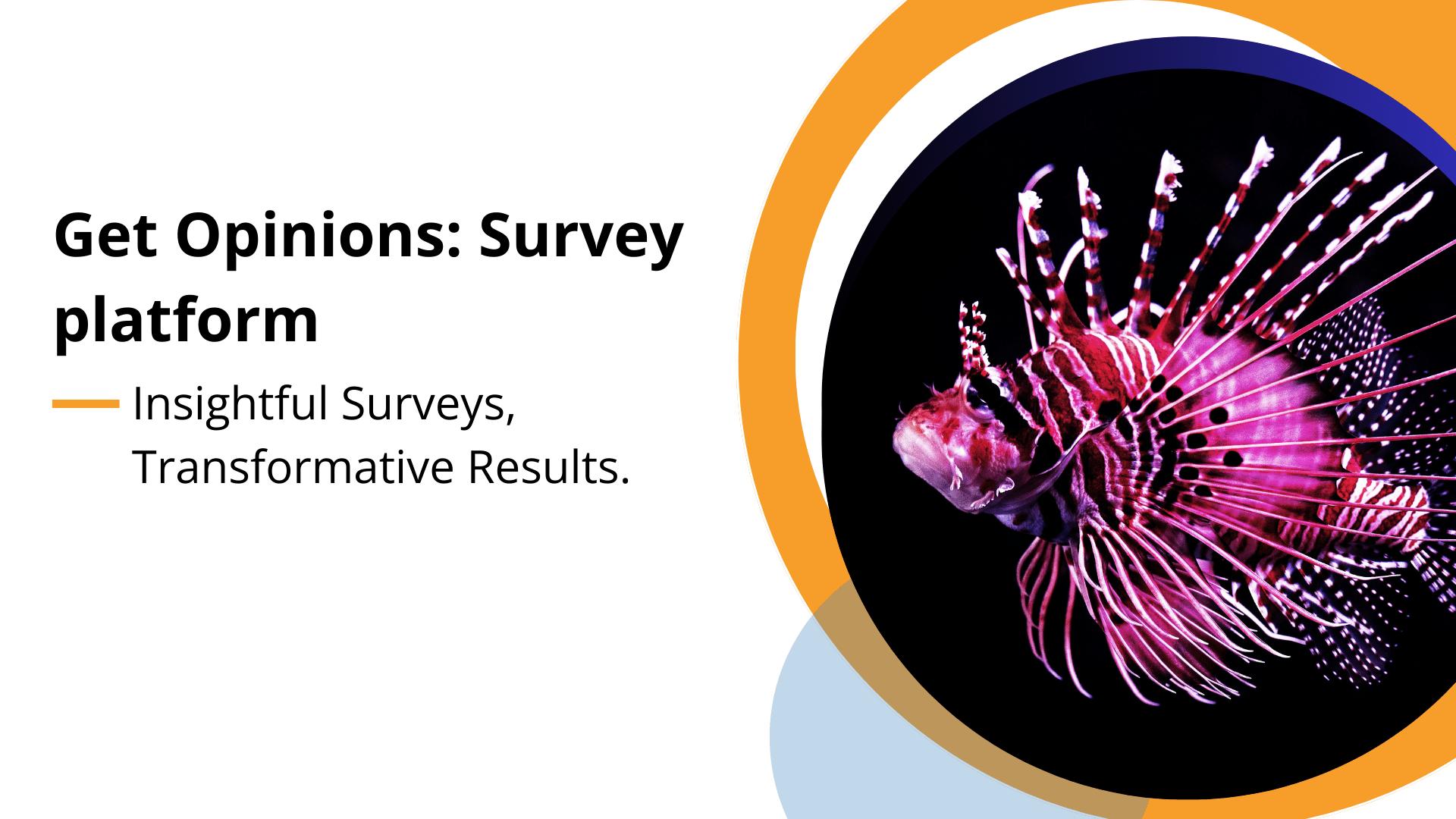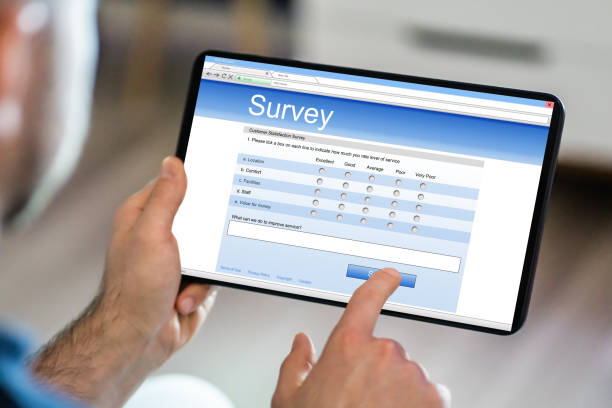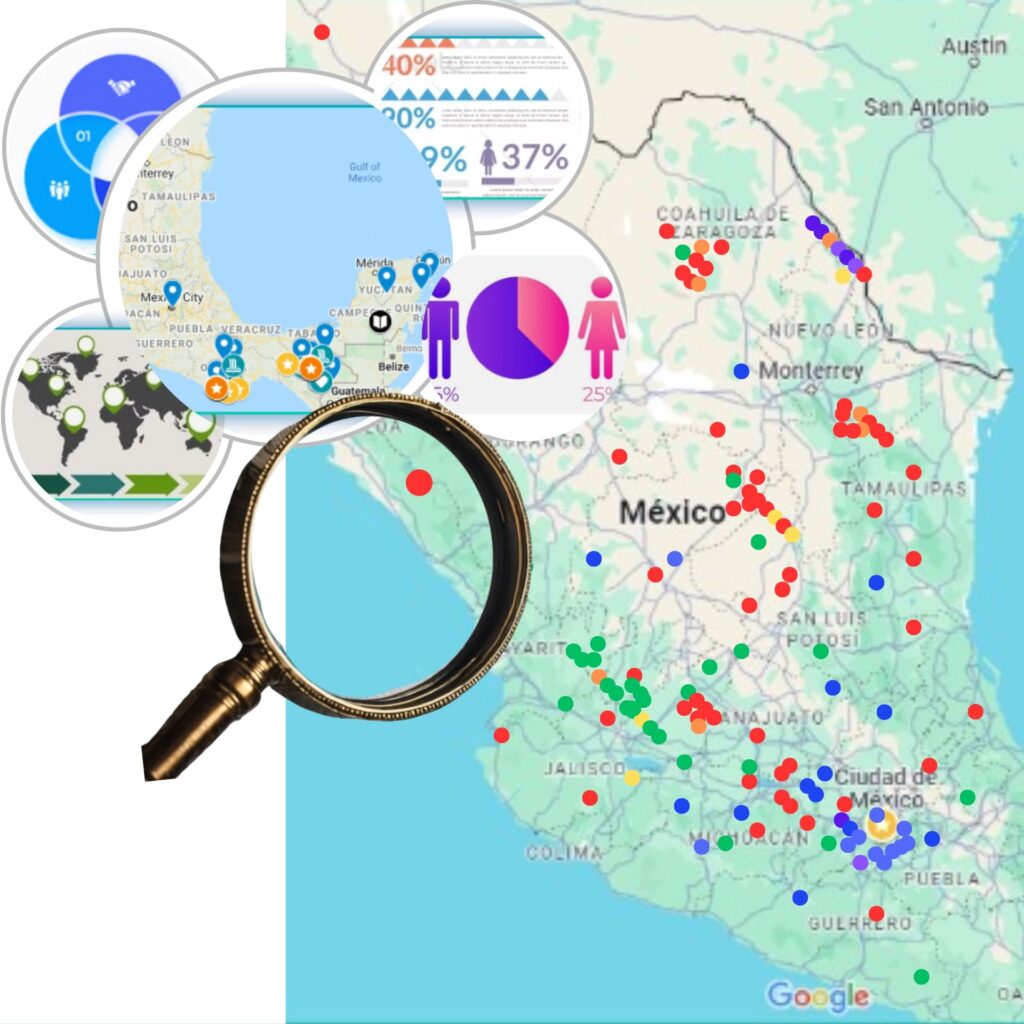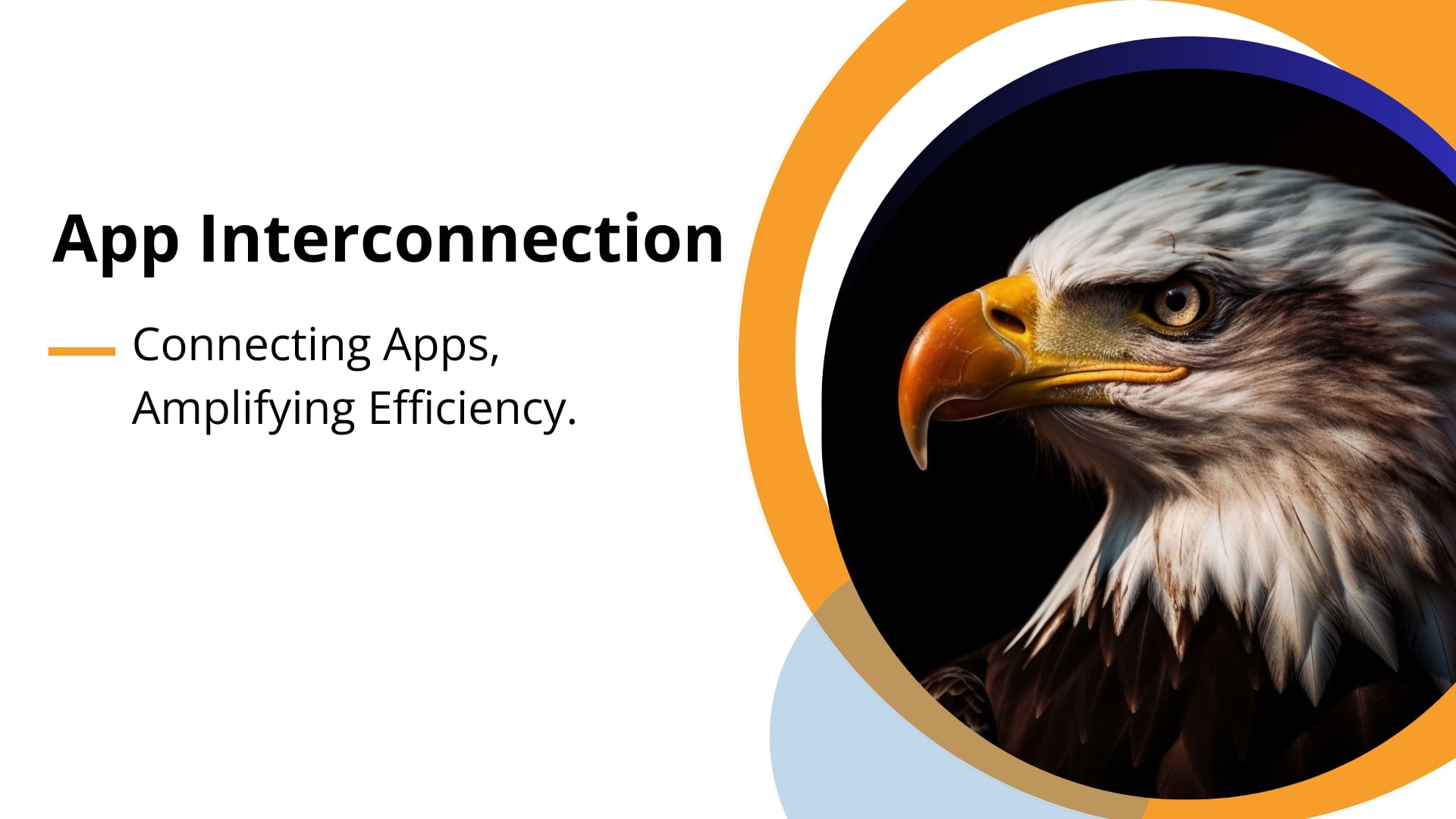ACASI (Audio Computer-Assisted Self-Interviewing): A Revolution in Data Collection
ACASI, or Audio Computer-Assisted Self-Interviewing, represents a pioneering approach to data collection, offering a dynamic and user-centric method for gathering information. This innovative technology combines the benefits of traditional self-administered surveys with the power of audio guidance, creating a seamless and efficient experience for respondents. Here are the key advantages and features of ACASI:
Advantages of ACASI:
1. Enhanced Privacy and Confidentiality:
- ACASI allows respondents to privately interact with survey questions through headphones, ensuring confidentiality and reducing social desirability bias.
2. Increased Respondent Comfort:
- The audio component provides clear and concise instructions, making the survey process more accessible and comfortable for respondents, including those with varying literacy levels.
3. Multilingual Capabilities:
- ACASI supports multiple languages, accommodating diverse respondent populations and facilitating inclusive data collection on a global scale.
4. Reduced Interviewer Bias:
- By eliminating the need for a human interviewer, ACASI minimizes the risk of interviewer bias, resulting in more objective and unbiased data.
5. Real-Time Data Entry:
- Responses are recorded directly into a digital database in real-time, reducing the likelihood of data entry errors and accelerating the analysis process.
6. Adaptability to Sensitive Topics:
- ACASI is particularly effective in collecting data on sensitive topics such as health behaviors, substance use, and mental health, as respondents may feel more comfortable providing honest answers in a private setting.
Key Features of ACASI:
1. Audio Guidance:
- Clear and audible instructions are provided to guide respondents through the survey, ensuring a standardized experience and minimizing the risk of misinterpretation.
2. User-Friendly Interface:
- ACASI interfaces are designed to be intuitive and user-friendly, making it easy for respondents to navigate through the survey independently.
3. Randomization and Skip Patterns:
- ACASI allows for randomization of question order and dynamic skip patterns, ensuring a personalized survey experience tailored to the respondent's specific answers.
4. Real-Time Monitoring:
- Researchers can monitor responses in real-time, enabling quick adjustments to survey instruments and ensuring the collection of high-quality data.
5. Integration with Other Data Collection Methods:
- ACASI can seamlessly integrate with other data collection methods, offering flexibility in study design and ensuring compatibility with diverse research protocols.
ACASI stands as a cornerstone in modern data collection methodologies, providing a versatile and efficient solution for researchers and organizations seeking accurate, unbiased, and respondent-friendly information.
CAWI (Computer-Assisted Web Interviewing): Transforming Surveys in the Digital Age
CAWI, or Computer-Assisted Web Interviewing, represents a cutting-edge approach to survey administration, leveraging the power of the internet to collect data efficiently and accurately. This digital methodology offers numerous advantages and features that redefine the landscape of survey research. Here's an overview of CAWI, highlighting its key advantages and features:
Advantages of CAWI:
- Global Reach:
- CAWI transcends geographical boundaries, enabling researchers to reach respondents worldwide. This global accessibility enhances the diversity of participant pools and facilitates cross-cultural studies.
- Cost-Effectiveness:
- The digital nature of CAWI reduces the costs associated with traditional survey methods, such as printing and postage. Researchers can distribute surveys at a lower cost, making it a budget-friendly option for large-scale studies.
- Real-Time Data Collection:
- Responses are collected in real-time, providing researchers with instant access to data. This feature is invaluable for time-sensitive studies or projects requiring immediate analysis.
- Automated Data Entry:
- Eliminating the need for manual data entry, CAWI automates the process, reducing the risk of human error and accelerating the overall data collection and analysis timeline.
- Flexibility in Questioning:
- CAWI allows for dynamic question branching and skip patterns, tailoring the survey experience based on respondent answers. This flexibility enhances the relevance of the survey and captures more nuanced data.
- Multimedia Integration:
- Researchers can enrich surveys with multimedia elements such as images, videos, and interactive content, enhancing respondent engagement and providing a more immersive survey experience.
Key Features of CAWI:
- Web-Based Accessibility:
- Participants can access surveys through web browsers on various devices, including computers, tablets, and smartphones, offering convenience and flexibility in responding to surveys.
- Security Measures:
- CAWI platforms incorporate robust security measures to protect respondent privacy and ensure data integrity. Encryption and secure server protocols are commonly employed to safeguard sensitive information.
- Randomization and Rotation:
- CAWI allows for randomized question orders and response options, minimizing order bias and ensuring a more balanced representation of participant perspectives.
- Survey Progress Tracking:
- Researchers can monitor respondent progress in real-time, enabling timely follow-ups or reminders to enhance response rates and survey completion.
- Integration with Data Analysis Tools:
- CAWI platforms often integrate seamlessly with data analysis tools, facilitating a smooth transition from data collection to interpretation and reporting.
CAWI stands as a versatile and powerful tool in the modern researcher's arsenal, offering a digital framework that aligns with the dynamic and interconnected nature of today's world.
